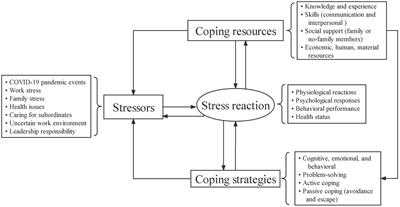
Breastfeeding is not only a way to provide essential nutrition for infants, but also a powerful tool for promoting their overall well-being. The act of breastfeeding establishes a unique bond between mother and child, creating a nurturing environment that contributes to the child’s physical and emotional development. However, the benefits of breastfeeding extend beyond the infant’s early years, as research suggests that it can also enhance the child’s resilience against psychosocial stress.
Psychosocial stress refers to the emotional and psychological strain that individuals experience in response to challenging life events or circumstances. It can have a profound impact on mental health and well-being, affecting individuals of all ages. Fortunately, breastfeeding has been found to play a crucial role in mitigating the negative effects of psychosocial stress, particularly in children.
Studies have shown that breastfed infants exhibit higher levels of resilience, which can be attributed to the unique composition of breast milk. Breast milk contains a variety of bioactive components, such as hormones, growth factors, and immune cells, that support the development of the infant’s stress response system. These components help regulate the infant’s physiological and behavioral responses to stress, enabling them to cope more effectively with challenging situations.
In addition to the biological benefits, breastfeeding also fosters a secure attachment between mother and child, which further enhances the child’s resilience against psychosocial stress. The physical closeness and emotional connection established during breastfeeding create a sense of security and stability for the child. This secure attachment serves as a protective factor, buffering the child against the negative effects of stress and promoting their ability to adapt and thrive in the face of adversity.
Benefits of Breastfeeding for Mother’s Mental Health
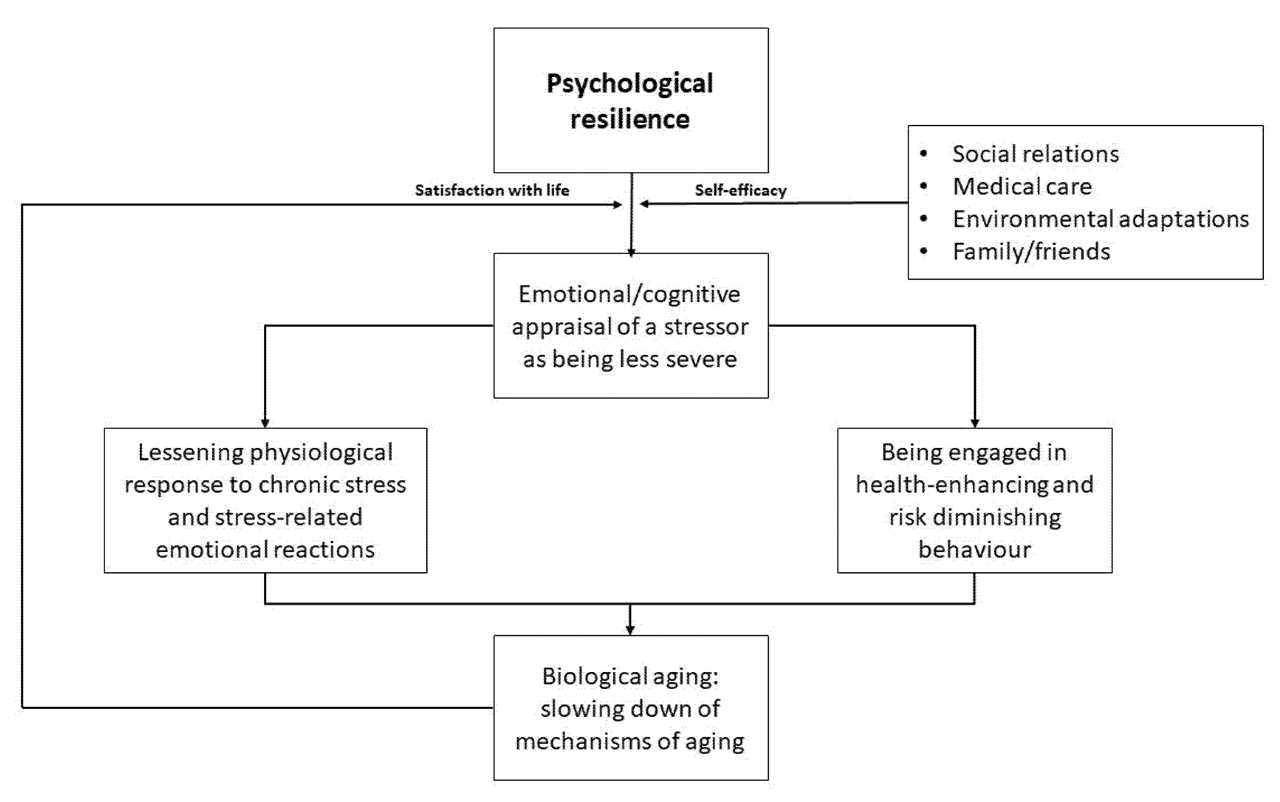
Breastfeeding has been shown to have numerous benefits for a mother’s mental health, particularly in relation to stress and resilience.
1. Reduces stress: Breastfeeding releases hormones that promote relaxation and reduce stress levels. The physical closeness and skin-to-skin contact during breastfeeding also increase the release of oxytocin, a hormone that helps to reduce stress and promote feelings of well-being.
2. Promotes bonding: Breastfeeding fosters a strong bond between mother and baby, which can have a positive impact on a mother’s mental health. The emotional connection formed during breastfeeding can help to alleviate symptoms of anxiety and depression.
3. Boosts resilience: Breastfeeding requires patience, perseverance, and resilience. Mothers who breastfeed often develop a sense of confidence and empowerment, which can help them cope with stress and bounce back from challenging situations.
4. Enhances self-esteem: Successfully breastfeeding can boost a mother’s self-esteem and sense of accomplishment. This can have a positive impact on her mental health, helping her to feel more confident and capable in her role as a mother.
5. Provides a sense of purpose: Breastfeeding can give mothers a sense of purpose and fulfillment, which can contribute to their overall mental well-being. Knowing that they are providing their baby with the best possible nutrition can give mothers a sense of satisfaction and purpose in their role as a caregiver.
Overall, breastfeeding offers significant benefits for a mother’s mental health. It provides a natural stress reduction mechanism, promotes bonding, boosts resilience, enhances self-esteem, and provides a sense of purpose. These benefits can contribute to a mother’s overall well-being and help her navigate the challenges of motherhood with greater ease.
Improved Emotional Well-being

Psychosocial stress can have a significant impact on an individual’s emotional well-being. However, breastfeeding has been found to enhance emotional resilience and promote better mental health.
Studies have shown that breastfeeding releases hormones such as oxytocin, which has a calming effect and promotes feelings of relaxation and bonding. This can help mothers cope with stress and reduce the risk of postpartum depression.
In addition, the act of breastfeeding itself can provide a sense of comfort and security for both the mother and the baby. The physical closeness and skin-to-skin contact during breastfeeding promote the release of endorphins, which are natural painkillers and mood enhancers.
Furthermore, breastfeeding creates an opportunity for mothers to take a break from their daily routine and focus on the nurturing and nourishing experience of breastfeeding. This can serve as a form of self-care and stress relief.
Overall, breastfeeding can contribute to improved emotional well-being by providing a natural resilience boost against psychosocial stress. It helps mothers build a stronger bond with their babies, promotes relaxation and bonding, and offers a sense of comfort and security. By enhancing emotional resilience, breastfeeding can play a significant role in promoting better mental health for both mothers and babies.
Reduced Risk of Postpartum Depression
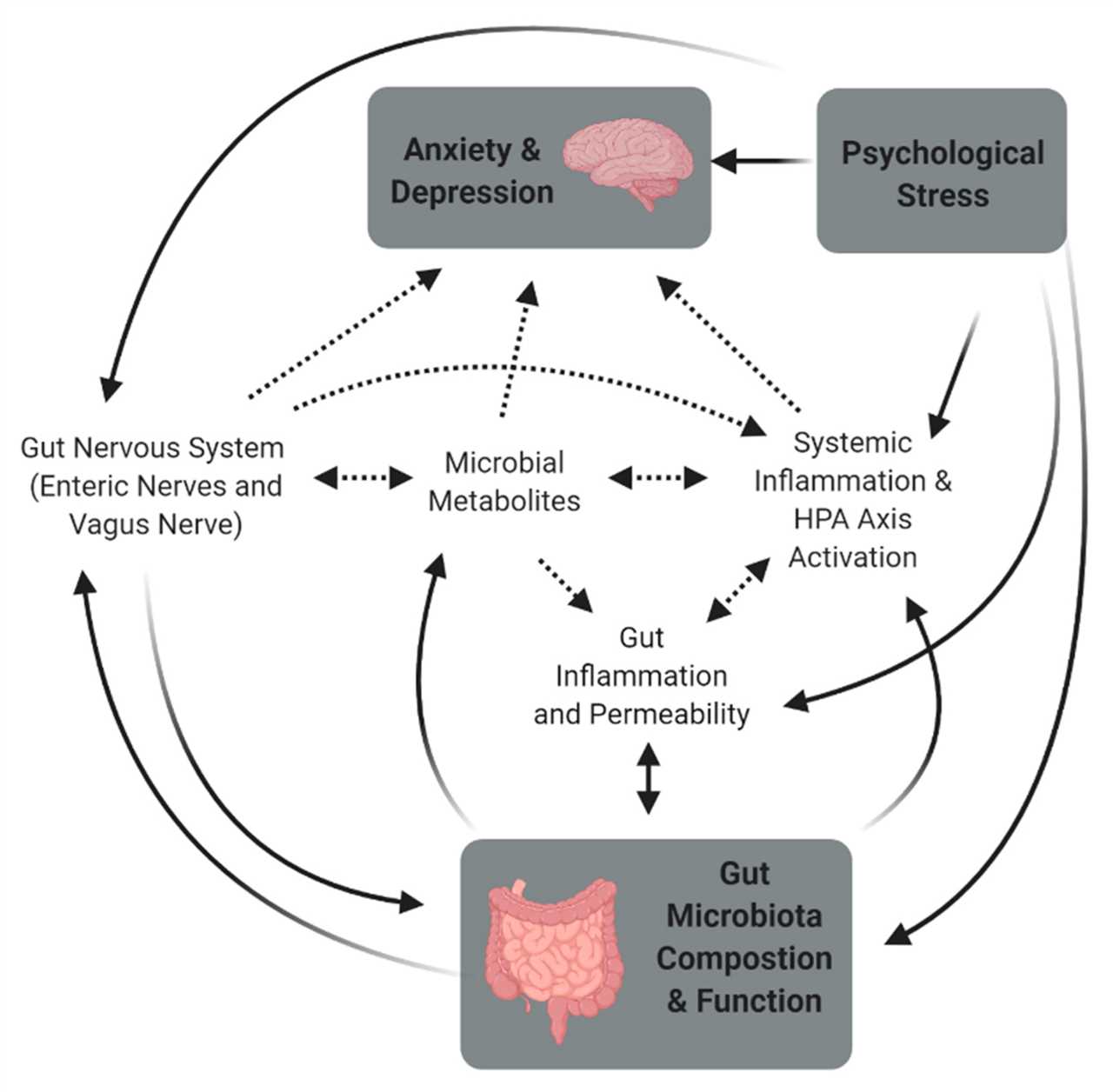
Resilience is a key factor in coping with psychosocial stress, and breastfeeding has been shown to enhance resilience in new mothers. One of the significant benefits of breastfeeding is the reduced risk of postpartum depression.
Postpartum depression is a common mental health disorder that affects many women after childbirth. It is characterized by feelings of sadness, anxiety, and a lack of interest or pleasure in daily activities. The hormonal changes that occur during pregnancy and after childbirth can contribute to the development of postpartum depression.
Research has shown that breastfeeding can help protect against postpartum depression. The act of breastfeeding releases hormones such as oxytocin, also known as the “love hormone,” which promotes feelings of relaxation, bonding, and well-being. These positive feelings can help counteract the negative emotions associated with postpartum depression.
In addition to the hormonal benefits, breastfeeding also provides a unique opportunity for mothers to connect with their babies. The close physical contact and skin-to-skin contact during breastfeeding can help strengthen the mother-infant bond and promote feelings of closeness and attachment. This emotional connection can provide a sense of purpose and fulfillment, which can help protect against the development of postpartum depression.
Furthermore, breastfeeding requires mothers to take care of their own health and well-being. This self-care aspect of breastfeeding can help mothers prioritize their own needs and practice self-compassion, which are essential for resilience and mental well-being.
In conclusion, breastfeeding offers multiple benefits for new mothers, including a reduced risk of postpartum depression. By promoting resilience and providing emotional and hormonal support, breastfeeding can help mothers navigate the challenges of early motherhood and promote their overall well-being.
Enhanced Bonding with the Baby
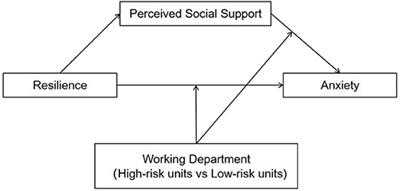
Breastfeeding not only provides essential nutrition for the baby but also creates a strong bond between the mother and the child. This bonding experience is crucial for the psychosocial development of both the mother and the baby.
Psychosocial stress can often disrupt the mother-infant bond, leading to negative consequences for both parties. However, breastfeeding has been found to enhance this bond and act as a natural resilience boost against psychosocial stress.
When a mother breastfeeds her baby, there is a release of oxytocin, also known as the “love hormone.” This hormone promotes feelings of love, affection, and attachment between the mother and the baby. The act of breastfeeding creates a nurturing and intimate environment, allowing the mother and the baby to connect on a deep emotional level.
Furthermore, breastfeeding requires physical closeness and skin-to-skin contact, which further strengthens the bond between the mother and the baby. This physical connection helps the baby feel secure and loved, reducing their stress levels and promoting healthy development.
In addition to the emotional and physical connection, breastfeeding also provides an opportunity for the mother to engage in positive interactions with the baby. The act of breastfeeding involves eye contact, gentle touch, and soothing sounds, all of which contribute to the bonding process.
Overall, breastfeeding enhances the bonding experience between the mother and the baby, creating a strong foundation for their psychosocial development. By promoting feelings of love, affection, and attachment, breastfeeding acts as a natural resilience boost against psychosocial stress, benefiting both the mother and the baby.
Impact of Breastfeeding on Baby’s Mental Health
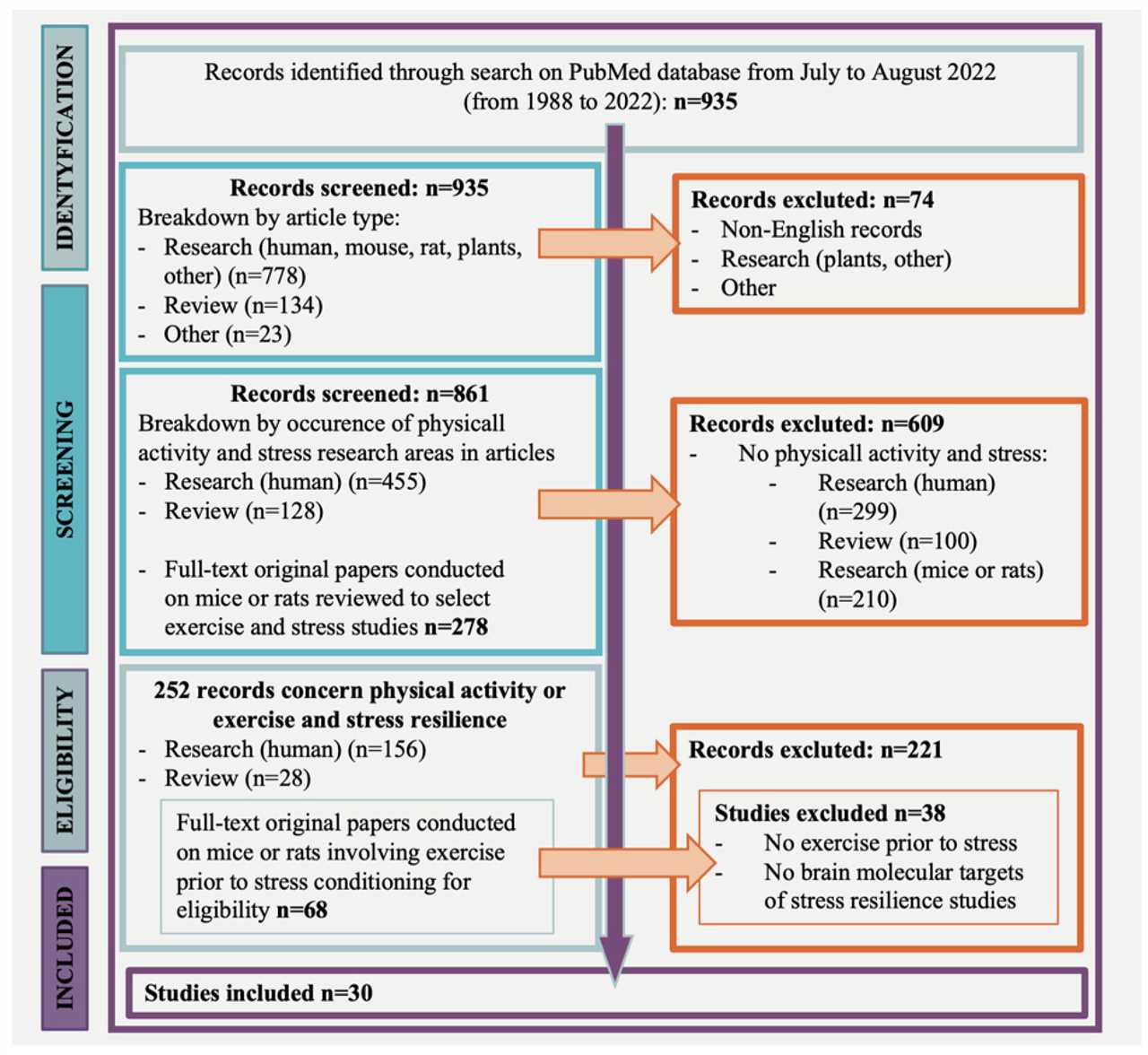
Breastfeeding has been shown to have a significant impact on a baby’s mental health. The act of breastfeeding provides not only essential nutrition but also a sense of comfort and security for the baby. This can help to reduce stress and promote healthy psychological development.
Psychosocial stress, such as separation from the mother or exposure to challenging environments, can have a negative impact on a baby’s mental health. However, breastfeeding has been found to act as a natural resilience boost against psychosocial stress. The physical closeness and emotional bond created during breastfeeding can help to mitigate the effects of stress on the baby’s developing brain.
Furthermore, breastfeeding has been linked to improved cognitive development and a reduced risk of mental health issues later in life. The unique composition of breast milk, including essential fatty acids and hormones, provides optimal nutrition for brain development and supports healthy cognitive function.
Research has also shown that breastfeeding promotes the release of oxytocin, a hormone associated with feelings of love and bonding. This release of oxytocin during breastfeeding can help to strengthen the mother-baby attachment and promote positive social-emotional development in the baby.
In conclusion, breastfeeding plays a crucial role in promoting a baby’s mental health. It acts as a natural resilience boost against psychosocial stress, supports cognitive development, and fosters a strong mother-baby bond. Encouraging and supporting breastfeeding can have long-lasting benefits for a baby’s psychological well-being.
Reduced Risk of Anxiety and Depression
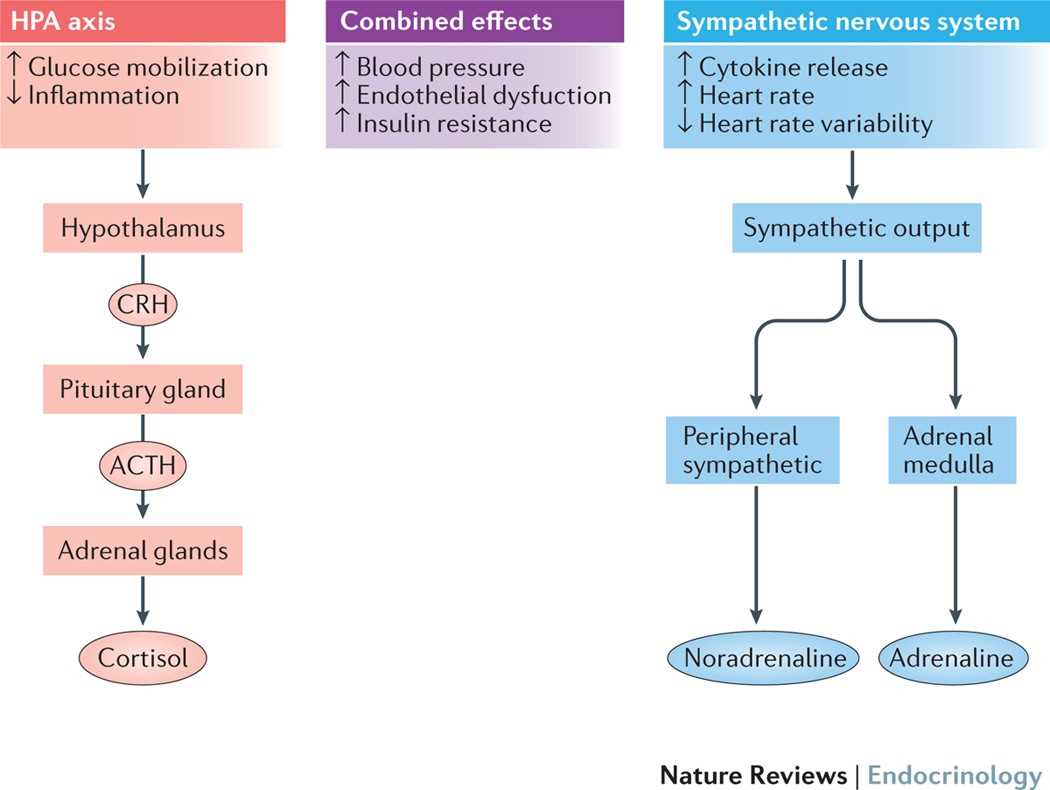
Breastfeeding has been shown to have a significant impact on reducing the risk of anxiety and depression in mothers. The act of breastfeeding releases hormones that promote relaxation and bonding, which can help to alleviate symptoms of anxiety and depression.
In addition, breastfeeding provides a sense of purpose and accomplishment for mothers, which can boost their self-esteem and overall mental well-being. The act of breastfeeding also requires mothers to focus on their baby’s needs, which can help to distract from negative thoughts and feelings.
Psychosocial stress can contribute to the development of anxiety and depression, and breastfeeding has been found to act as a natural resilience boost against these psychosocial stressors. The physical closeness and skin-to-skin contact involved in breastfeeding can help to regulate the baby’s stress response, which in turn can have a positive impact on the mother’s mental health.
Overall, breastfeeding offers numerous benefits for both the mother and the baby, including a reduced risk of anxiety and depression. By providing a natural resilience boost against psychosocial stress, breastfeeding can play a crucial role in promoting the mental well-being of mothers.
Improved Cognitive Development

Breastfeeding has been shown to have a positive impact on cognitive development in children. The act of breastfeeding provides various benefits that contribute to the overall cognitive resilience of the child.
One of the main factors is the reduction of stress during breastfeeding. Breast milk contains various nutrients and antibodies that help in the development of the brain. These nutrients and antibodies help in reducing the impact of psychosocial stress on the child’s cognitive development.
Furthermore, the act of breastfeeding also promotes bonding between the mother and the child. This bonding has been shown to have a positive impact on the child’s cognitive development. The emotional connection and stimulation provided during breastfeeding help in the development of neural pathways that are essential for cognitive functions.
Studies have also shown that breastfed children tend to have higher IQ scores compared to formula-fed children. This can be attributed to the various benefits of breastfeeding, including the reduction of stress and the promotion of bonding.
In conclusion, breastfeeding plays a significant role in improving cognitive development in children. The act of breastfeeding provides a natural resilience boost against psychosocial stress, leading to improved cognitive abilities in the long run.
Strengthened Mother-Infant Relationship
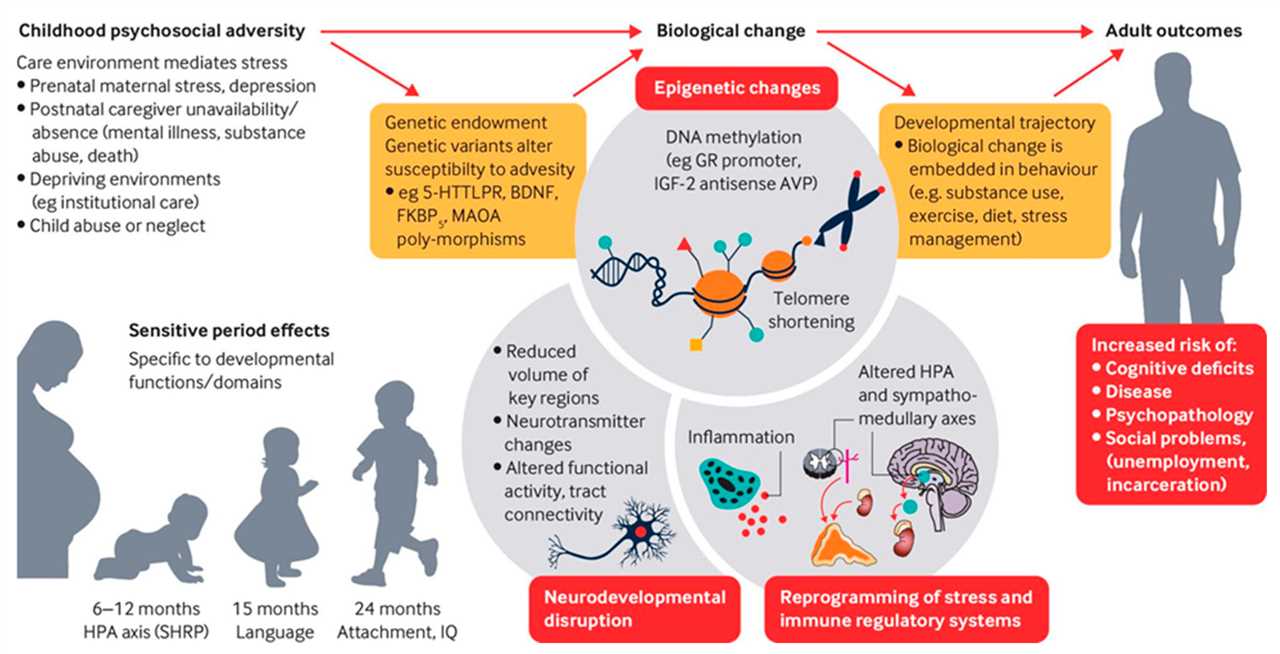
The act of breastfeeding can significantly strengthen the bond between a mother and her infant. This psychosocial process not only provides nourishment and essential nutrients for the baby but also creates a unique and intimate connection between the two individuals.
During breastfeeding, the mother’s body releases oxytocin, also known as the “love hormone.” This hormone promotes feelings of relaxation, trust, and attachment, enhancing the emotional bond between the mother and her baby. The physical closeness and skin-to-skin contact during breastfeeding further contribute to the development of a strong mother-infant relationship.
Breastfeeding also allows for frequent and prolonged interactions between the mother and her baby. This constant contact promotes communication and responsiveness, as the mother learns to understand and respond to her baby’s cues and needs. Through breastfeeding, the mother becomes attuned to her baby’s feeding patterns, preferences, and signals, fostering a deeper understanding and connection.
Moreover, breastfeeding provides an opportunity for the mother to engage in nurturing and caregiving behaviors, which further strengthens the mother-infant relationship. The act of breastfeeding involves not only providing nourishment but also offering comfort, security, and emotional support to the baby. This caregiving role can enhance the mother’s sense of competence and confidence, leading to a more secure attachment with her baby.
In summary, breastfeeding plays a crucial role in strengthening the mother-infant relationship. It promotes the release of oxytocin, fosters physical closeness and skin-to-skin contact, facilitates communication and responsiveness, and allows for nurturing and caregiving behaviors. By nurturing this bond, breastfeeding can help both the mother and her baby navigate the challenges of psychosocial stress with greater resilience.

I am Patrina de Silva, a psychologist and mental health blogger in Sri Lanka. After obtaining psychology degrees from the University of Colombo and Monash University, I returned home to work as a counselor while also starting the popular blog “Pressy but Happy” to provide advice on psychological issues. Over the past decade, my empathetic articles have made my blog a leading mental health resource in the country. In addition to writing, I maintain a private therapy practice, frequently volunteer counseling time, and conduct seminars, driven by my passion for destigmatizing mental illness and educating the public on the mind-body connection. I strive to be an influential voice in my field through my compassionate approach.
